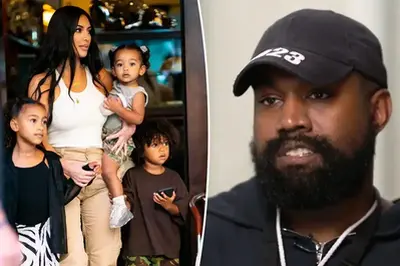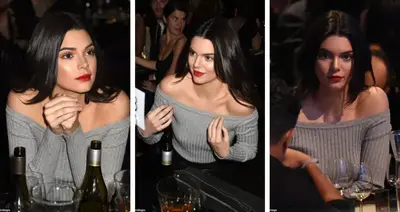Celebrity
A history of Taylor Swift’s odd, conflicting stances on streaming services
Taylor Swift’s entire catalogue is back on Spotify. Her first four albums haven’t been available since November 2014, and her October 2014 release 1989 has never been on the service before today. It’s the end of what has inarguably been the biggest, messiest controversy of the paid streaming era, and my colleague Micah Singleton has plenty of thoughts on how it happened and what it means for the music industry.
But I’m also interested in what this decision means for Taylor Swift. Not as a pop star or Katy Perry’s nemesis (happy album release day, Katy!) or a lightning rod for controversy — but as Taylor Swift the economist, the moralist, and the vague symbol for artists’ rights.

To put Swift into some context I think is often ignored, she’s not just one of the biggest pop stars in the world: She’s also its most successful, prolific, and recognizable contemporary songwriter. That’s a designation she’s proven she cares about. She can make hundreds of millions touring as an A-list performer, but it still makes sense that a prodigiously talented young woman who was written off for years on the basis of her diaristic songwriting and frivolous interest in glitter would transition into adult pop stardom in part on a platform of business savvy and semi-empowering rhetoric about the value of her own labor.
She’s uniquely positioned to speak authoritatively on this issue as a public-facing brand and a behind-the-scenes creative. Though, that doesn’t guarantee that her stance on streaming is logically sound.

July 2014: “Valuable things should be paid for”
In a now-infamous essay for The Wall Street Journal, Swift wrote:
“Music is art, and art is important and rare. Important, rare things are valuable. Valuable things should be paid for. It’s my opinion that music should not be free, and my prediction is that individual artists and their labels will someday decide what an album’s price point is.”
The thrust of this argument takes a few things for granted that weren’t true, even in 2014: For one, that Swift could use her personal situation as a standard by which to gauge the industry’s dealings with artists. More importantly, that music takes its value from being “rare,” and for another, that the concept of a concrete “price point” for an album was still one that made any sense.

There is no such thing as “rare” when you’re talking about content that’s distributed primarily via the internet. Album sales, digital and physical, were already plummeting by the time Swift offered up these thoughts, and many of her young fans were more likely to listen to her music on YouTube, paying for the experience with auto-play ads, than they were to have gone to a Target and laid down their $14.99. But the biggest flaw in Taylor Swift’s argument? She’s Taylor Swift.

She, and other top artists, stand to make millions of dollars from streaming no matter what happens, and Spotify and Apple Music even push them further ahead of the crowd by way of recommendation algorithms, featured playlists, and paid exclusives. Nothing she says will ever apply evenly to the people who might really suffer.
November 2014: Streaming is “an experiment”
Swift’s 1989 was conspicuously missing from Spotify when it was released in October 2014, and Swift yanked the rest of her catalogue a month later.
Days later, she explained the decision saying:

December 2015: “A little surprise for you”
Swift’s 1989 World Tour Documentary became Apple Music’s first big video exclusive, announced to coincide with her 26th birthday: “Thank you so much for all the birthday wishes. I have a little surprise for you.” Promoting it, she always remembered to tack on an @AppleMusic.
April 2016: An Apple Music ad “based on true events”
Swift’s first ad for Apple Music showed her running on (and falling off of) a treadmill while listening to an Apple Music-curated playlist called “#GYMFLOW.” Specifically, she was listening to “Jumpman,” a song off of Drake and Future’s big Apple Music exclusive, What a Time To Be Alive. The ad debuted on Apple’s 40th birthday, on Swift’s personal Twitter account, with the caption “Based on true events.”
Whatever nitpicks Swift might have had with the basic concept of streaming in 2014, they were seemingly all behind her at this point. Not only was she onboard with one streaming service, she was actively promoting it.

Today!
Swift’s music is also available on Pandora and Google Play Music, and 1989 has finally been added to Tidal. She hasn’t said a single thing about it, beyond her label announcing that it’s a celebration of 1989 selling 10 million copies worldwide. Maybe because there’s nothing to say other than “I had to change my mind eventually?”
Swift won her feud with Apple Music because she wanted something very specific, and she took issue with a business practice that was blatantly unfair. Her feud with Spotify was never a feud with Spotify at all — it was a feud with the entire industry, the changing landscape, and the way fans expect to access music now. She was always going to surrender, and dipping her toe in with Apple Music probably helped Spotify in the long run. As a symbol for the rights of artists in the digital age, she’s a watery one at best.

Did she win anything from Spotify? Maybe. Universal Music Group, the parent company for Swift’s Big Machine Records, signed a new deal in April that lets artists opt to keep new albums off of Spotify’s free tier for their first two weeks. Spotify has also been cozying up to songwriters, announcing just this week that it would start a “Secret Genius” program — an awards show, special workshops with A-list talent, and curated playlists in honor of the almighty lyricist. She might see that as a welcome sign of respect. And Swift is famous for lacing her album booklets with riddles and clues about the songs’ meaning. Maybe, with the death of the album insert, Spotify’s new Genius integration is appealing to her? Maybe it really is a Katy Perry thing.
Anyway, she’s back.

-

 Celebrity4h ago
Celebrity4h agoHarvey Weinstein’s 2020 Rape Conviction Overturned: What to Know
-

 Celebrity4h ago
Celebrity4h agoThe Ultimate List of the Best Casino Movies That Every Gambling Enthusiast Must Watch – Film Daily
-
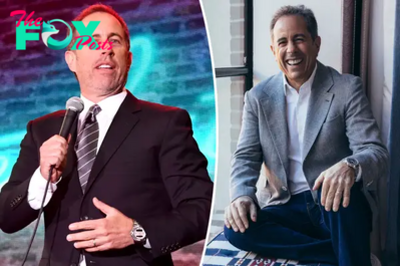
 Celebrity6h ago
Celebrity6h agoJerry Seinfeld isn’t worried about ‘political correctness’ during his comedy routines
-

 Celebrity11h ago
Celebrity11h ago‘Daily Show’ Thriving With Jon Stewart, Revolving Hosts & Election
-
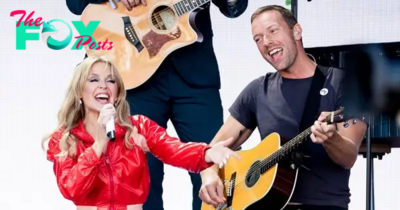
 Celebrity11h ago
Celebrity11h agoKylie Minogue Gushes About Friendship With Chris Martin
-

 Celebrity17h ago
Celebrity17h agoMarvel Art Director, Production Designer Was 56
-
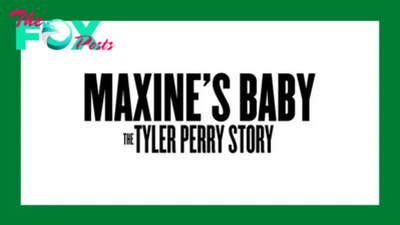
 Celebrity17h ago
Celebrity17h ago‘Maxine’s Baby’ Directors On Tyler Perry’s Upbringing, Mother’s Influence
-

 Celebrity18h ago
Celebrity18h ago‘Bachelor’ alum Nick Viall marries Natalie Joy in ‘ethereal’ wedding in Georgia






